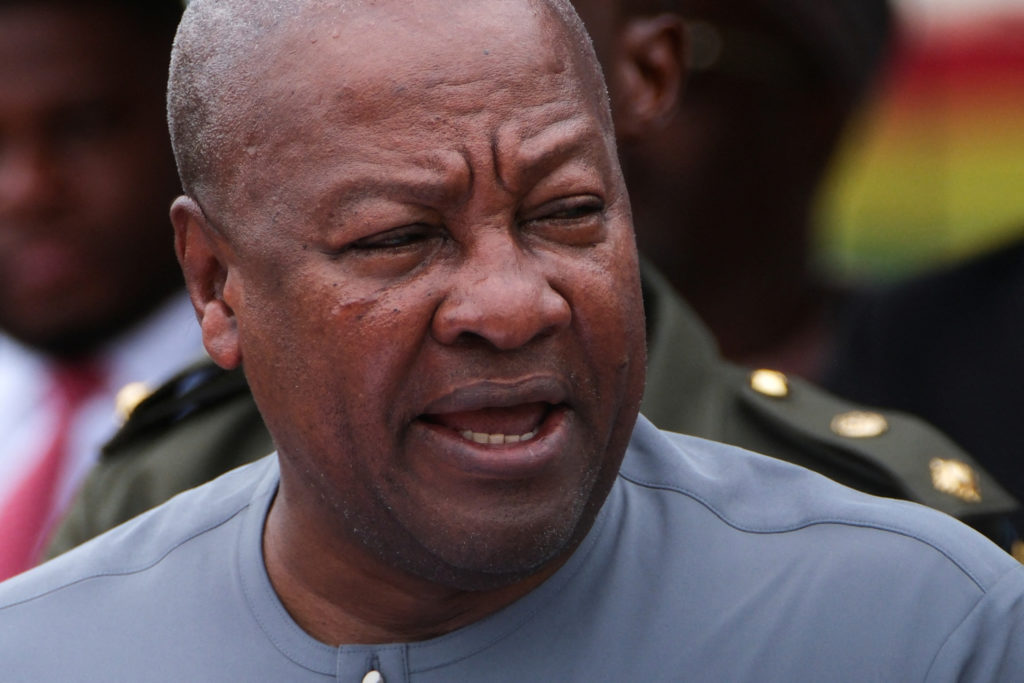U.S. Deportations to Ghana Spark Controversy Amid Human Rights Concerns
The U.S. deported 14 non-citizen Africans to Ghana, which accepted them on humanitarian grounds but then returned some. This action has raised significant human rights and legal concerns.
Subscribe to unlock this story
We really don't like cutting you off, but you've reached your monthly limit. At just $5/month, subscriptions are how we keep this project going. Start your free 7-day trial today!
Get StartedHave an account? Sign in
Overview
- The U.S. government recently deported 13 Nigerians and one Gambian to Ghana, making Ghana the latest African nation to accept third-country nationals deported by the U.S.
- Ghana's Foreign Minister stated the country accepted the deportees on a purely humanitarian basis, though Ghanaian authorities reportedly returned 14 deportees to their home countries last week.
- Conflicting reports emerged regarding the fate of the deported West African men, with some sources claiming they were sent back to their home countries while others state four have not returned.
- Lawyers and a U.S. federal judge have raised serious concerns about potential persecution, torture, and inhumane treatment if the deportees are returned to their home countries.
- Opposition lawmakers in Ghana and rights groups have criticized the deportations, citing constitutional, sovereignty, foreign policy issues, and poor human rights records in many receiving African countries.
Report issue

Read both sides in 5 minutes each day
Analysis
Center-leaning sources frame this story by consistently highlighting the questionable legality and humanitarian concerns surrounding US deportations to third-party African nations. They emphasize the abruptness of removals, the deportees' lack of ties to receiving countries, and the poor human rights records of some destinations. The collective narrative underscores criticism from legal experts and rights groups, while largely omitting the US government's rationale for the policy.
Articles (4)
Center (2)
FAQ
Ghana accepted the deported non-citizen Africans on a humanitarian basis as stated by its Foreign Minister, indicating the acceptance was a compassionate response rather than a legal obligation.
Lawyers and a U.S. federal judge have raised concerns about potential persecution, torture, and inhumane treatment if the deportees are returned to their home countries, arguing that their removal may violate protections granted by fear-based immigration relief.
Conflicting reports indicate that while some deportees were returned to their home countries, four remain in Ghana and face imminent deportation, creating uncertainty about their exact status and location.
Ghanaian opposition lawmakers and rights groups criticized the deportations based on concerns over constitutional issues, national sovereignty, foreign policy implications, and the poor human rights records of many African countries receiving deportees.
According to a lawsuit, U.S. immigration authorities deported migrants to Ghana to circumvent legal restrictions that protect these individuals from being returned directly to their home countries, despite fear-based immigration relief granted to them.
History
- This story does not have any previous versions.


